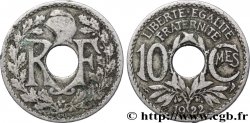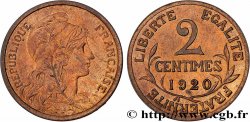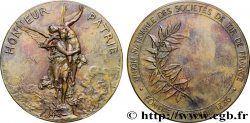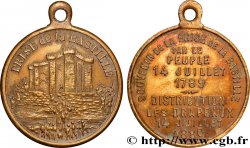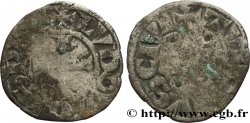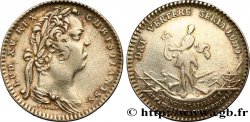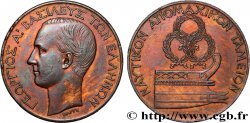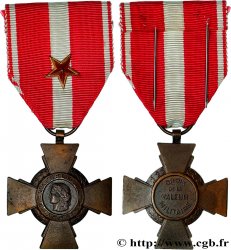E-auction 452-364476 - fme_412183 - III REPUBLIC Médaille pour l’élection d’Armand Fallières
Чтобы принять участие в торгах, вы должны войти в систему и стать подтвержденным участником аукциона. Войдите, чтобы сделать ставку. Ваш аккаунт будет подтвержден в течение 48 часов. Не ждите до закрытия торгов, чтобы зарегистрироваться.Сделав ставку на данный товар, вы вступаете в юридическое соглашение на покупку выбранного товара и нажатием кнопки «Сделать ставку» подтверждаете принятие вами условий интернет-аукционов cgb.fr.
Ставка может бить сделана только в полном эквиваленте евро. Торги закроются согласно времени, указанному в описании товара, все ставки, сделанные после закрытия торгов, учитываться не будут. Не следует откладывать предложение вашей ставки до последнего момента, так как система может не успеть обработать вашу заявку, и ваша ставка не будет принята. Более детальную информацию вы найдёте здесь: FAQ по интернет-аукционам.
БЕСПЛАТНО.
БЕСПЛАТНО.
| Оценить : | 145 € |
| Цена : | 33 € |
| Максимальная предлагаемая цена : | 41 € |
| Конец торгов : | 13 December 2021 18:37:30 |
| Участников : | 4 Участников |
Тип Médaille pour l’élection d’Armand Fallières
Дата: 1906
Монетный двор / Город: 78 - Versailles
Металл: bronze
Диаметр: 71,5 mm
Ориентация осей монеты: 12 h.
Гравер CHAPLAIN Jules-Clément (1839-1909)
Вес: 162 g.
Век: lisse + corne BRONZE
Комментарии о состоянии
Agréable médaille avec de beaux reliefs ; la patine a peut-être été brossée anciennement
Лицевая сторона
Аверс: легенда: ARMAND FALLIÈRES EST ÉLU PAR L’ASSEMBLÉE NATIONALE PRÉSIDENT DE LA RÉPUBLIQUE FRANÇAISE.
Аверс: описание: La république assise, tenant une urne et un faisceau ; un petit enfant à côté d’elle tenant un drapeau.
Обратная сторона
Реверс: легенда: VERSAILLES 17 JANVIER 1906 // GEORGES LEVET / DÉPUTÉ.
Реверс: Описание: Vue intérieur de l’Assemblée nationale ; cartouche inscrit du nom du député.
Комментарий
Médaille attriuée à Georges Levet, un homme politique français né le 13 avril 1834 à Montbrison (Loire) et décédé le 25 juillet 1911 à Montbrison. Fils de Nicolas Levet, député de la Loire, il entre à l'École polytechnique en 1853, puis à l'école des Mines. Il est maire de Montbrison en 1870 et conseiller général en 1871. Il est député de la Loire de 1879 à 1910, inscrit au groupe de l'Union républicaine, puis à la Gauche radicale à partir de 1889.
Armand Fallières, né le 6 novembre 1841 à Mézin (Lot-et-Garonne) et mort le 22 juin 1931 à Villeneuve-de-Mézin (Lot-et-Garonne), est un homme d'État français, président de la République française de 1906 à 1913.
Ministre entre 1880 et 1892, il fut nommé président du Conseil en 1883, mais son gouvernement tombe rapidement. Élu à la présidence du Sénat en 1899 après l'élection d'Émile Loubet à l'Élysée, il lui succède en 1906, après avoir été élu président de la République, pour un mandat de sept ans. Bien qu'étant très respecté, le président Fallières ne sollicita pas un second mandat présidentiel pour se retirer des affaires nationales..
Medal awarded to Georges Levet, a French politician born on April 13, 1834 in Montbrison (Loire) and died on July 25, 1911 in Montbrison. Son of Nicolas Levet, deputy of the Loire, he entered the École Polytechnique in 1853, then the École des Mines. He was mayor of Montbrison in 1870 and a general councilor in 1871. He was a member of parliament for the Loire from 1879 to 1910, registered with the Republican Union group, then with the Radical Left from 1889. Armand Fallières, born on November 6, 1841 in Mézin (Lot-et-Garonne) and died on June 22, 1931 in Villeneuve-de-Mézin (Lot-et-Garonne), was a French statesman, President of the French Republic from 1906 to 1913. Minister between 1880 and 1892, he was appointed President of the Council in 1883, but his government quickly fell. Elected to the presidency of the Senate in 1899 after the election of Émile Loubet to the Élysée, he succeeded him in 1906, after having been elected President of the Republic, for a seven-year term. Although highly respected, President Fallières did not seek a second presidential term to retire from national affairs.
Armand Fallières, né le 6 novembre 1841 à Mézin (Lot-et-Garonne) et mort le 22 juin 1931 à Villeneuve-de-Mézin (Lot-et-Garonne), est un homme d'État français, président de la République française de 1906 à 1913.
Ministre entre 1880 et 1892, il fut nommé président du Conseil en 1883, mais son gouvernement tombe rapidement. Élu à la présidence du Sénat en 1899 après l'élection d'Émile Loubet à l'Élysée, il lui succède en 1906, après avoir été élu président de la République, pour un mandat de sept ans. Bien qu'étant très respecté, le président Fallières ne sollicita pas un second mandat présidentiel pour se retirer des affaires nationales..
Medal awarded to Georges Levet, a French politician born on April 13, 1834 in Montbrison (Loire) and died on July 25, 1911 in Montbrison. Son of Nicolas Levet, deputy of the Loire, he entered the École Polytechnique in 1853, then the École des Mines. He was mayor of Montbrison in 1870 and a general councilor in 1871. He was a member of parliament for the Loire from 1879 to 1910, registered with the Republican Union group, then with the Radical Left from 1889. Armand Fallières, born on November 6, 1841 in Mézin (Lot-et-Garonne) and died on June 22, 1931 in Villeneuve-de-Mézin (Lot-et-Garonne), was a French statesman, President of the French Republic from 1906 to 1913. Minister between 1880 and 1892, he was appointed President of the Council in 1883, but his government quickly fell. Elected to the presidency of the Senate in 1899 after the election of Émile Loubet to the Élysée, he succeeded him in 1906, after having been elected President of the Republic, for a seven-year term. Although highly respected, President Fallières did not seek a second presidential term to retire from national affairs.







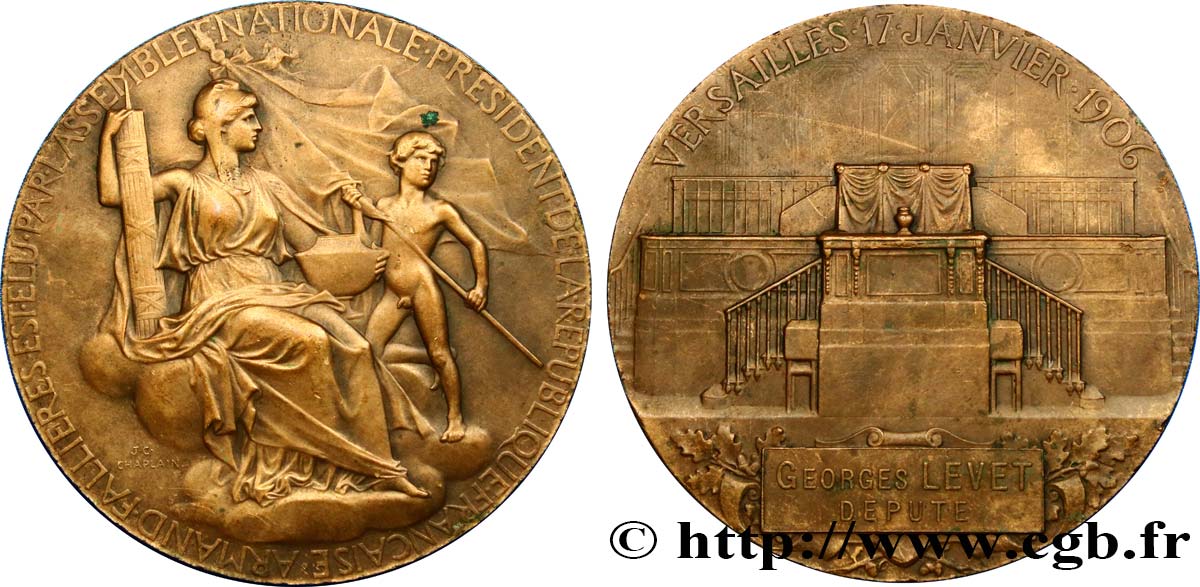
 Cообщить об ошибке
Cообщить об ошибке Распечатать страницу
Распечатать страницу Отправить мой выбор
Отправить мой выбор Задать вопрос
Задать вопрос Consign / sell
Consign / sell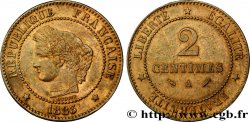
 Информация
Информация